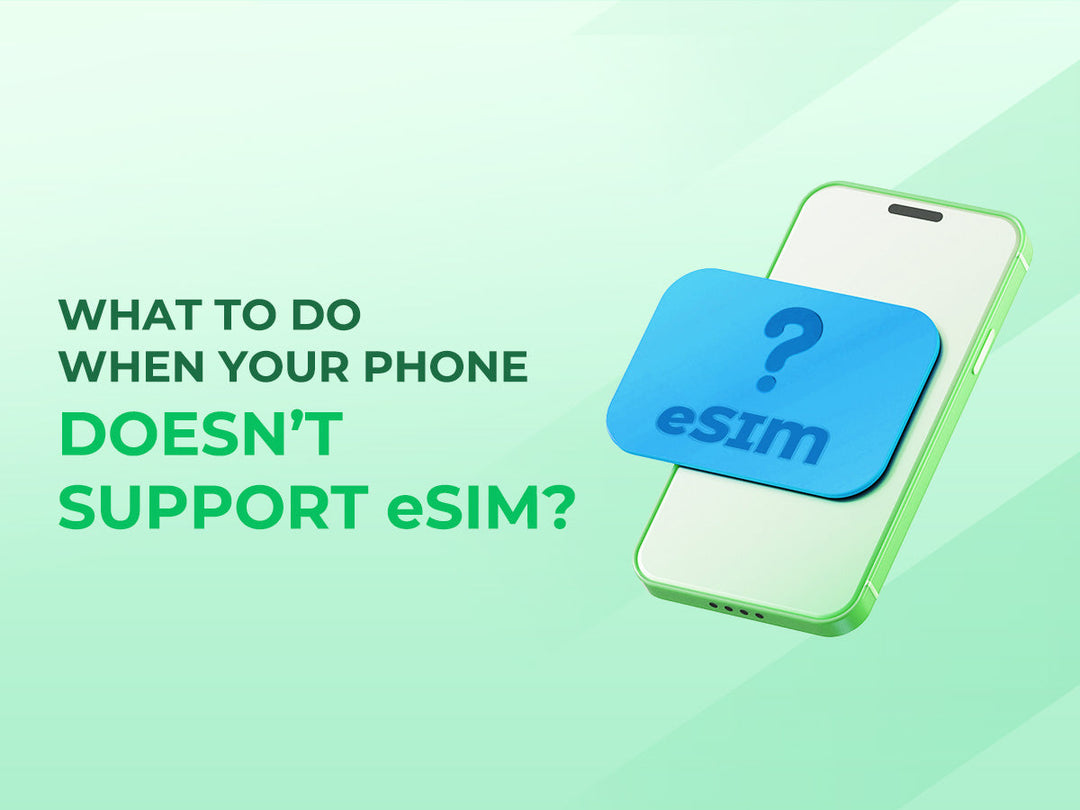Unleashing the Power of IoT SIM Cards: Connecting Everything to the Internet

What is IoT?
Over the past few years, the Internet of Things (IoT) has become one of the most important technologies of the 21st century.
If you just Google "What is the Internet of Things?", many of the answers are widespread. Example.
"The Internet of Things (IoT) is a system of interconnected computing devices, mechanical and digital machines, objects, animals or people that have unique identifiers and are capable of interacting with each other without the need for a human being to transmit data to a computer over a network."
Actually, The Internet of Things is a very simple concept " it means taking everything in the world and connecting it to the internet"
In our daily life, we can understand the process of connecting daily physical objects to the internet - from common household items such as light bulbs, to medical assets such as medical devices, to wearables, smart devices, and even smart cities.
What is IoT SIM card?
An IoT SIM card, also known as an M2M (Machine-to-Machine) or IoT (Internet of Things) SIM card, is a specialized SIM card designed for connectivity in IoT devices. It enables these devices to connect to cellular networks and communicate data over the internet. IoT SIM cards are optimized for low-power consumption and support various network technologies such as 2G, 3G, 4G LTE, and, in some cases, even emerging 5G networks. These SIM cards often come with specific data plans and features tailored for IoT applications, such as global coverage, flexible deployment options, and secure data transmission. They play a crucial role in enabling seamless connectivity and communication between IoT devices, facilitating the growth and development of the Internet of Things ecosystem.

Can SIM cards be used for IoT devices?
Yes, SIM cards can be used for IoT devices. In fact, using SIM cards in IoT devices is a common and effective method to provide cellular connectivity. IoT-specific SIM cards, often referred to as M2M (Machine-to-Machine) or IoT SIM cards, are designed specifically for IoT applications.
IoT SIM cards function similarly to traditional SIM cards used in smartphones but with some key differences. They are optimized for low-power consumption, offer specialized data plans suitable for IoT use cases, and may support specific network technologies like 2G, 3G, 4G LTE, or even emerging 5G networks. These SIM cards allow IoT devices to connect to cellular networks and transmit data over the internet.
By using IoT SIM cards, IoT devices can benefit from reliable and secure connectivity, enabling them to send and receive data, communicate with other devices or cloud platforms, and participate in the broader Internet of Things ecosystem. Whether it's tracking devices, environmental sensors, industrial equipment, or wearable gadgets, IoT SIM cards provide a means of connecting these devices to the internet and facilitating their functionality.
What are the advantages of IoT SIM?
- Connectivity: IoT SIM cards provide reliable and consistent connectivity for IoT devices, allowing them to stay connected to the internet and communicate seamlessly with other devices.
- Global Coverage: Many IoT SIM cards offer global coverage, ensuring that IoT devices can operate and transmit data in various locations worldwide, regardless of geographic boundaries.
- Cost Efficiency: IoT SIM cards often come with affordable data plans tailored specifically for IoT applications, allowing businesses to manage their connectivity costs effectively.
- Flexibility: IoT SIM cards offer flexible deployment options, enabling easy scalability and adaptation to changing needs. They can be easily activated, deactivated, or reprogrammed as required.
- Security: IoT SIM cards often incorporate security features such as encryption and authentication protocols to ensure the safe transmission of data between devices, protecting against potential vulnerabilities.
- Management and Control: IoT SIM cards are typically managed through centralized platforms, providing administrators with control and monitoring capabilities over device connectivity, data usage, and network management.
- Device Compatibility: IoT SIM cards are designed to work with a wide range of IoT devices, including sensors, trackers, wearables, smart appliances, and industrial equipment, ensuring compatibility across different applications and industries.
- Roaming Capabilities: Some IoT SIM cards support roaming, allowing devices to maintain connectivity while moving between different networks or regions without interruptions.
What is the difference between IoT SIM cards and smartphone SIM cards?
While our IoT SIM card may look the same as any regular SIM card from any operator, it has many differences. smartphone SIMs have different technical properties and network settings that are not suitable for IoT use cases.
The main difference between a "smartphone SIM" and our IoT SIM card is the functionality offered on top of the data connection. what we talking smartphone SIMs are intended for smartphones, not for IoT use cases.
| Regular smartphone SIM card | EIOTCLUB SIM CARD | |
| Coverage | Single country with limits on roaming or at excessive rates. | Supports two operators(AT&T&T-mobile)in the United States, and support 30 countries networks in Europe. |
| Function | Support talk & text, with number | Data only, no talk& text, number |
| Minimum terms | 30-day cancellation period/1 or 2-year contract | No term/contracts |
| Data plan | Data is used per SIM card | Customerized data plan meets your need |
| Networks | Single network coverage | Multi-network coverage |
| Seasonality | Fixed monthly bundles | Pay-as-you-Go plan |
| Application scenario | Smartphone | Security camera/Trail camera/4G router/GPS/Pet tracker |


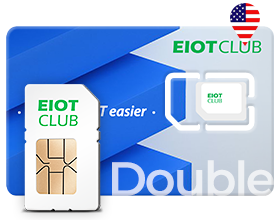
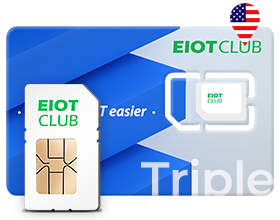
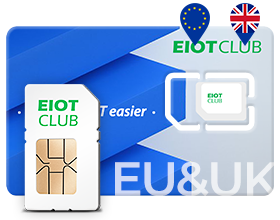
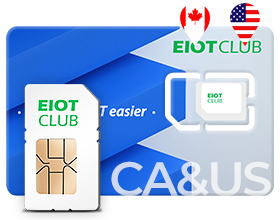
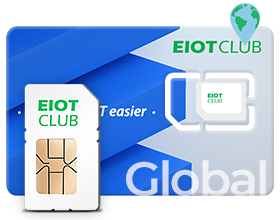
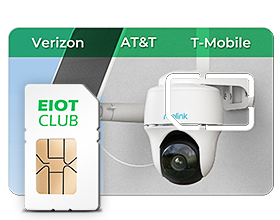
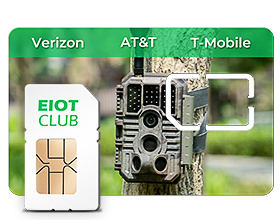
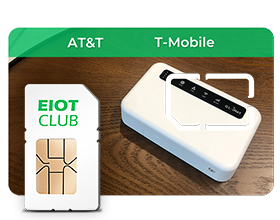
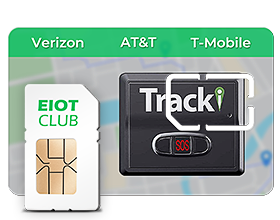

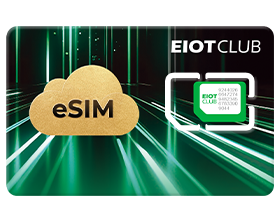
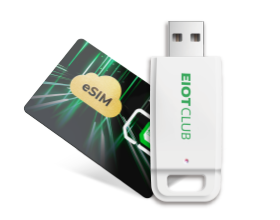









 eSIM
eSIM
 Refill
Refill


